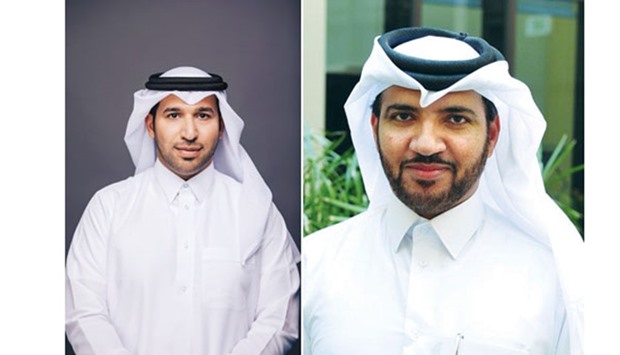Qatar University (QU), the Qatar Financial Centre Authority (QFCA) and the Big Four accounting firms, Deloitte, Ernst & Young, KPMG and PricewaterhouseCoopers have together launched a tax training programme as the country is streamlining its tax regime, which will also see the advent of value added tax in 2018.
Following the signing of memoranda of understanding (MoUs) among the parties in September, the programme has been designed to enhance knowledge and raise awareness of taxation and the current tax-related challenges faced by Qatar and the GCC (Gulf Cooperation Council) region.
More than 4,000 students can join the programme, which comprises 16 training sessions per academic year, covering basic and intermediate levels, delivered in both English and Arabic. The sessions will be conducted during the 2016-2017 and 2017-2018 academic years.
“I am confident it will add great value and support the development of QU students and ultimately to Qatar’s financial services industry and business sector. This programme also reflects the QFC’s commitment to develop the talent pool available to the financial sector inconsistent with the ‘human development’ pillar of the National Vision 2030,” according to Hamed al-Saadi, chief financial and tax Officer at the QFCA.
Dr Khalid Shams al-Abdulqader, dean of the College of Business and Economics said, “It is highly inspiring to have this training session with the world’s largest four professional services networks and the QFCA, as the impact of tax and tax regulation is one of the most important topics in the region today.
“Understanding the implications of existing taxes and new taxes domestically and globally have therefore become an imperative for the business leaders of the future,” he said, expressing confidence that the training session will serve as a platform to exchange knowledge and best practices that will be of invaluable benefit to students.
Under corporate taxation, the main categories of taxable income include gross income derived from activities carried out in Qatar; contracts wholly or partly performed in Qatar; real estate in Qatar; the exploration, extraction or exploitation of natural resources situated in Qatar; consideration for services paid to a head office, branch or related company; and interest on loans obtained in Qatar, according to Deloitte.
Allowable expenses include the cost of raw materials, consumables and services required for carrying out the activities, interest paid on loans used in the activities (except interest paid to a related party), salaries, wages and similar payments made to employees, rent, insurance premiums, bad debts and depreciation (according to certain rates).
The general tax rate is a flat 10%, with a 35% rate applying to oil and gas operations. Petroleum activities include exploration operations; developing fields; drilling, completing and repairing wells; producing and processing petroleum; filtering of impurities; storing, transporting, loading and shipping; constructing or operating related energy and water facilities or housing or other facilities, establishments or equipment necessary for petroleum activities; and services necessary to achieve any of the above activities, including all administrative and complementary activities.

Al-Saadi (left) and Dr Khalid: Committed to developing a talent pool.
